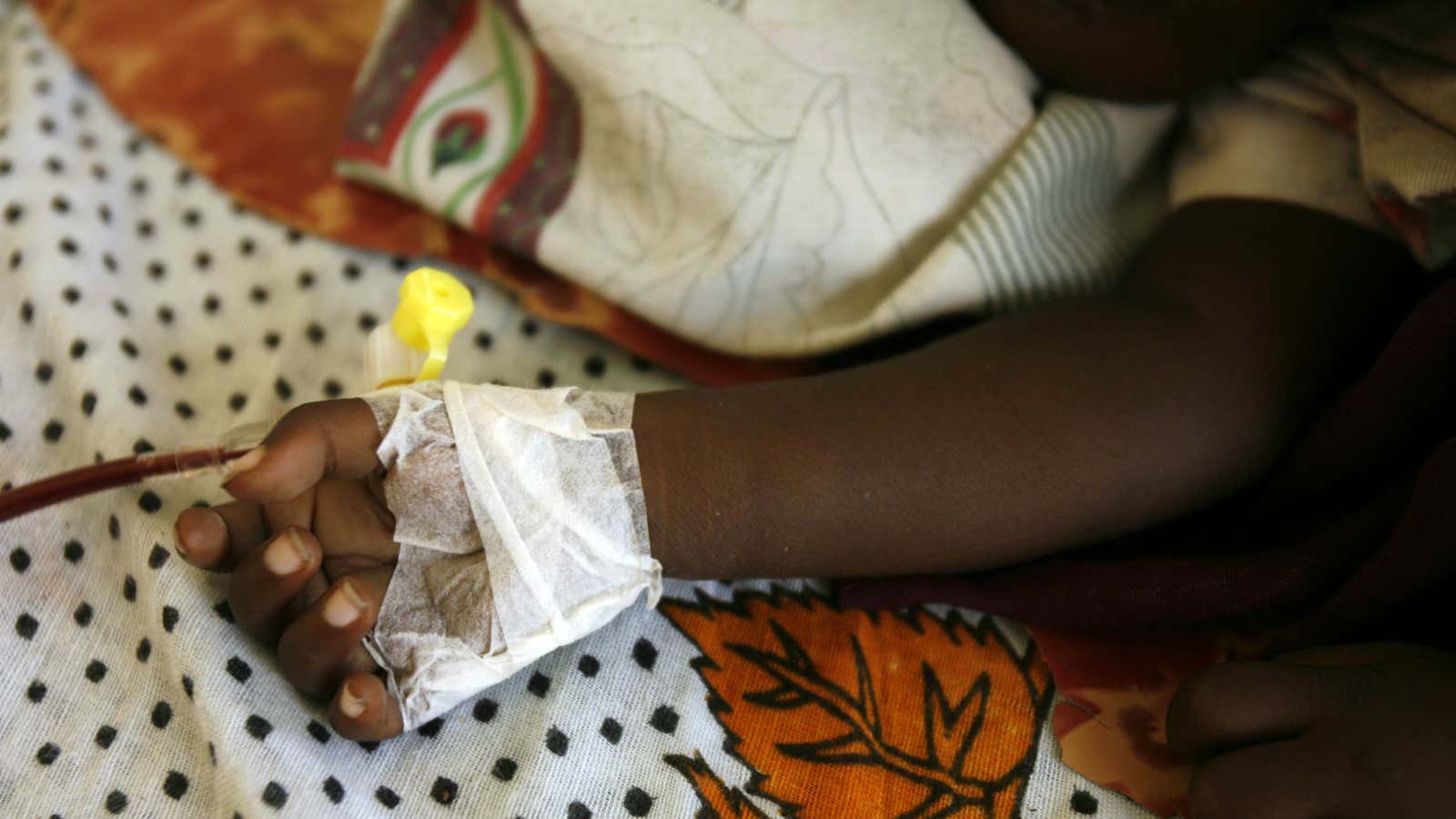In most countries buying and owning a yacht is considered a luxury, but, by the definition of the Nigerian government, so is treating malaria.
In a bid to cope with its depleting foreign reserves which fell to an 11-year low of $24.8 billion in 2016, Nigeria’s government has sought to curb its imports for much of the past year.
Africa’s largest economy has raised import duties on yachts, sports cars and food items. Generally, the government has defended its higher tariffs and import bans by urging Nigerian to turn to local alternatives. But in the same vein, the government stands to earn more as it seeks more revenue sources amid an economic slump. Import tariffs on yachts and SUVs have been upped by 250%.
Conspicuously, Nigeria will also raise import taxes for antimalarial drugs also terming them as ”luxury goods.” For its part, Nigeria’s government, through the health minister, has denied the tariff hike, but a ministry of finance document suggests the additional taxes on antimalarial drugs have been approved by the president since last October. The drugs, previously tariff-free, will now attract a 20% rate in a move that has been widely criticized.
By hobbling antimalarial drug imports, the policy could inadvertently provide a bigger market for local manufacturers of fake drugs. Last March, a report by a UN agency showed that since 2011, 10 laboratories manufacturing fake drugs have been shut down in Nigeria. Ultimately, higher tariffs on anti-malaria drugs will make treating malaria more expensive in a country where the disease remains rampant. With around 180,000 deaths per year, Nigeria is the single most heavily malaria-burdened country in the world.
Nigeria’s new policy could result in a setback not just within the country but for general progress made in eradicating malaria across Africa. Data from the World Malaria Report 2015 showed malaria mortality rates have fallen by 66% among all age groups and by 71% among children under 5 in Africa since 2000. On World Malaria Day in 2016, the World Health Organization (WHO) also announced that six countries—Algeria, Botswana, Cape Verde, Comoros, South Africa, and Swaziland—could be free of malaria by 2020.
